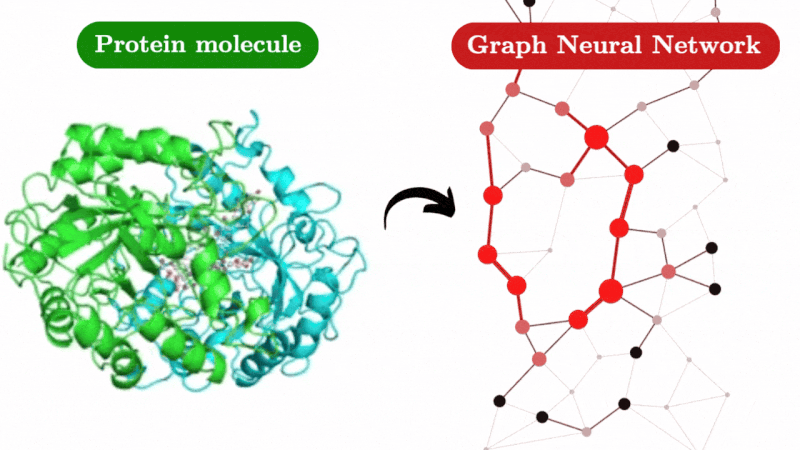.png)
HOCIntelligentTechnologyGroup
Faculty, BIG DATA (information), Large language model(LLM), Generative Pre-trained Transforme model(GPT), Research Lab's "FBLGR Quality" is a leading company,AI Science and Technology Innovation for Global Sustainable Development.
Security,DX, ICT, AI, Agriculture, Medical, Human Resource Development, Future Prediction, SDGs, etc.









About
Thinking instructions
Traditional Q&A can lead to inaccurate or irrelevant information, especially in code generation, where simple and direct instructions can lead to unexpected hallucinations. This problem becomes especially acute when generating code.
• To solve this problem, researchers proposed the "thought instruction" mechanism inspired by "thought chain prompts". This involves explicitly solving a particular problem-solving idea in an instruction, similar to solving subtasks sequentially. As shown in Figures 4 (a) and 4 (b), thinking instructions consist of swapping roles to ask which methods have not been implemented, and then switching back, providing more precise instructions to the programmer.
• By integrating mental instructions, the process of writing code becomes more focused and targeted. The explicit expression of specific thinking in directives helps reduce ambiguity and ensures that the generated code aligns with the intended goal. This mechanism allows for a more accurate and context-aware writing process, minimizing hallucinations and outputting more reliable and comprehensive code.


















